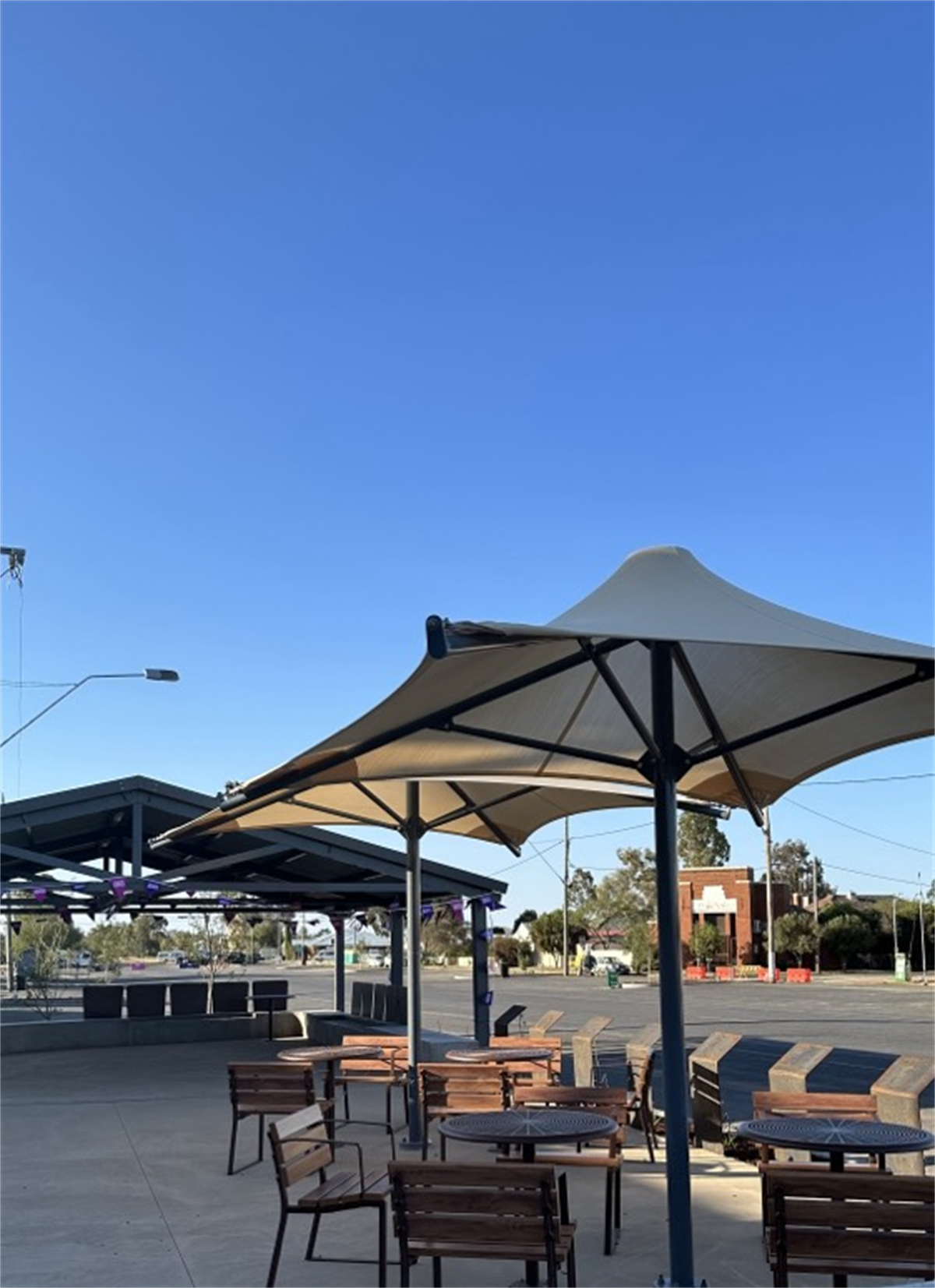A University of Western Australia student who is passionate about studying the mysteries of the ocean and making science more accessible to the public has been awarded a Friends of UWA Albany Verna Rowbotham Scholarship.
Eleanor Beidatsch, 26, from Mount Barker, lives with a neuromuscular disability that causes reduced mobility and muscle weakness.
Ms Beidatsch juggles her marine science studies at UWA with studying palaeontology at the University of New England and journalism at Deakin University. She also volunteers with the Mount Barker State Emergency Services as Community Engagement Officer, supports the Mount Barker Community Garden with media liaison and sits on the disability access committee for the Shire of Plantagenet.
The Friends of Albany scholarship is made possible through Verna Rowbotham who bequeathed funds to The University of Australia to provide a scholarship to help a high-achieving student continue their Science studies at the UWA Albany campus.
Ms Rowbotham maintained a lifelong association with UWA, first through the work of her father Professor Alexander Ross, the founding professor in physics and mathematics, and then through her own support and life membership of the Friends of UWA Albany.
Ms Beidatsch said the scholarship would make a huge difference, allowing her to pursue study and explore the mysteries of science without the added financial burden.
“As a rural student with a physical disability the academic year is a major time commitment and can take a heavy toll on me, with many employment opportunities not possible,” Ms Beidatsch said.
“Through this scholarship I can focus on my studies and work towards achieving my dream of becoming a science communicator, the perfect synthesis of the disciplines I am interested in – palaeontology, marine science and journalism.”
Ms Beidatsch said her mother had been a great source of inspiration to her, encouraging her to pursue her interests and never to let anything hold her back.
“As a child, I used to read my mother’s books on prehistoric life from her university days and I always dreamt of becoming a palaeontologist,” she said.
“When I realised palaeontology wasn’t possible due to my disability I became interested in marine biology. When I was nine, I had an educational CD-ROM about the evolution of whales and dolphins from land to marine mammals and this was close to palaeontology.”
In 2016 Ms Beidatsch participated in a palaeontology expedition to New South Wales, and discovered it was possible to study palaeontology so added several units to her degree.
She hopes to use her skills to increase understanding through the communication of science.






